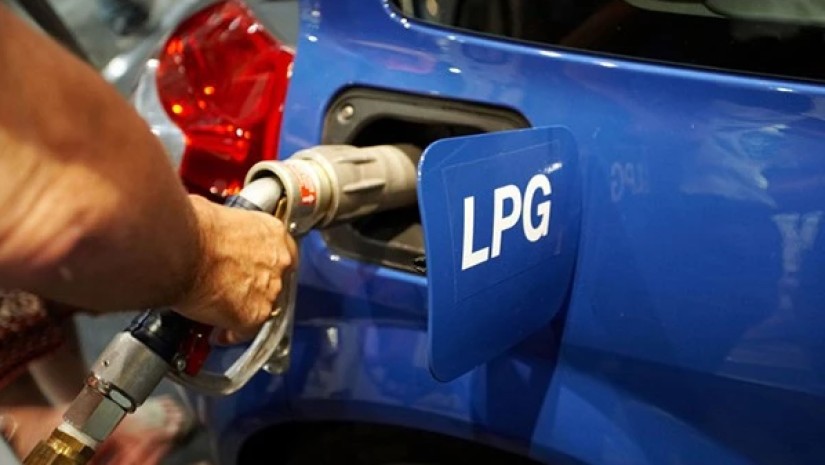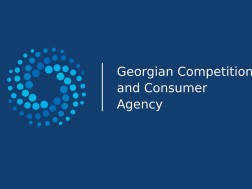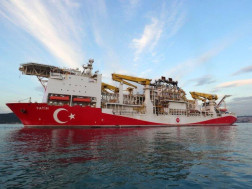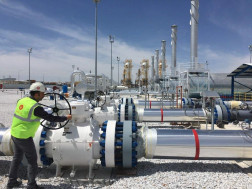The Georgian Competition and Consumer Agency has completed its monitoring of the liquid and natural gas market. The Agency assessed the competitive environment at the retail level for natural gas and the import and retail sales levels for liquid gas. Additionally, the Agency conducted a detailed study of the pricing strategies of companies operating in the retail market and identified the main factor influencing the cost of the product. The results of the monitoring, conducted between 2019 and 2022, showed that the changes in the price of both liquid and natural gas in the retail market were determined by market factors. Moreover, the change in retail price was found to be correlated with the main factor influencing it.
Based on an assessment of the retail market for natural gas (gaseous state), it was determined that in 2019, a total of 97 companies (134 gas stations) purchased natural gas for automobiles in the amount of 188,635,780 GEL (192,628,000 m3). In 2020, 96 companies (143 gas stations) purchased natural gas for automobiles in the amount of 118,865,463 GEL (147,893,000m3). In 2021, 95 companies (127 gas stations) purchased natural gas for automobiles in the amount of 119,474,586 GEL (160,065,000m3). In 2022, 88 companies ( 128 gas stations) purchased natural gas for automobiles in the amount of 169,633,554 GEL (190,789,000m3). From the agency's perspective, the retail market is low-concentrated (moderately concentrated in 2020). There are several large companies, but the number of small companies in the market and their overall percentage share is high. The market is characterized by a low concentration index, owing to the number of small companies. In the reporting period, the total market share of the three largest companies exceeded 50%, although they did not meet the legal requirement of each company owning a share of more than 15%. At the retail level of the relevant market, the number and overall percentage share of small companies operating is high, which in turn ensures a competitive environment. This results in a low concentration index at the considered market level.
According to the assessment of the liquid gas market, the following information has been collected: - In 2019, 36 undertakings imported 24,402,640 kg of gas, worth 41,015,037 GEL. - In 2020, 53 undertakings imported 28,534,834 kg of gas, worth 51,118,323 GEL. - In 2021, 89 undertakings imported 35,266,142 kg of gas, worth 91,264,801 GEL. - In 2022, 58 undertakings imported 42,274,714 kg of gas, worth 80,178,679 GEL. As for the retail market, the following data has been gathered: - In 2020, 133 companies operating in the liquid gas market bought 29,840,303 kg of gas. - In 2021, 131 companies bought 17,095,920 kg of gas. - In 2022, 120 companies bought 23,508,212 kg of gas. Based on the received and processed material, both the import and retail levels of the market are low-concentrated. In the reporting period, the concentration index does not exceed 937 units.
The natural and liquid gas markets do not have a single dominant economic player, and there is no indication of group dominance. The concentration index of the market, which considers the share of large companies, the number of small companies operating in the market, and their total percentage share, is characterized by a tendency to decrease.
To assess the competitive environment, taking into consideration the market concentration index and its change, the share distribution of large companies, and other factors investigated during the monitoring process, the Agency considers that the relevant market was compatible with the competitive environment in 2019-2022, and there are no risks of violating competition legislation. According to the agency's position, there is no reason to continue monitoring.























